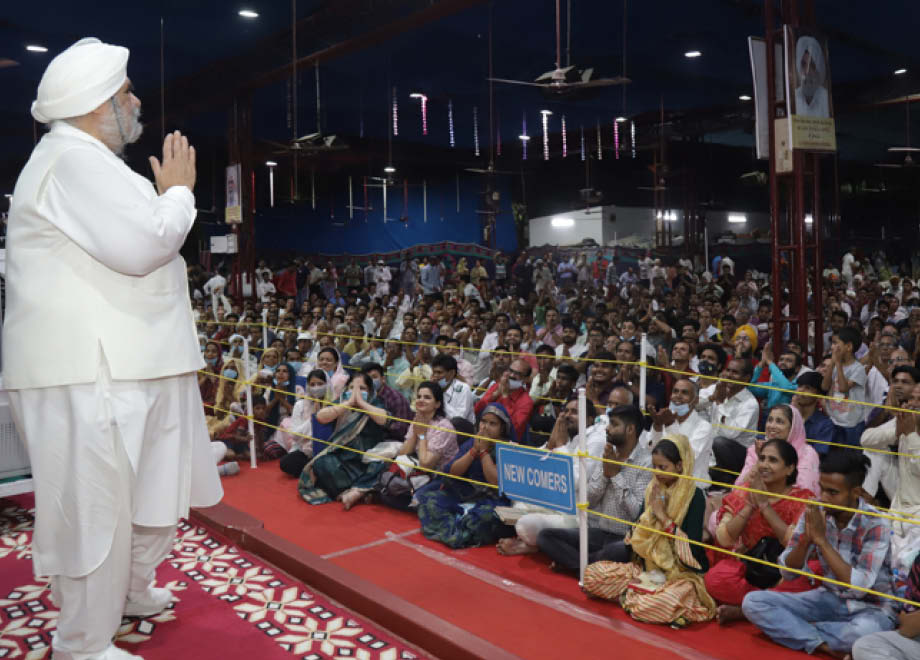Harmony at Home

For as long as society has existed, parents and children have not shared the same point of view on all matters. When a child is born into a family, they are dependent on their parents and caregivers for the first few years of life. However, they steer toward independence as they grow and develop their abilities and personalities. This can create differences of opinion between parents and children, which, if not handled well, can lead to turmoil at home. How can we attain loving and harmonious parent-child relationships?
First, it is important to remember, said Sant Rajinder Singh Ji Maharaj, that parents love their children and are always seeking to support and protect them. Their guidance is based on their own background and a wish to ensure their children are spared the pain they might have experienced. If this guidance is delivered harshly and impatiently, it can be misunderstood and lead children to assume they are not loved. When children feel misunderstood and unloved, they retaliate, leading to anger and turmoil for both parties.
To achieve harmony between parents and children, both parties need to play their parts. Parents need to realize that the world has changed since they were younger and that the changing environment requires them to adjust, be flexible, and be open-minded. Children need to realize that their parents’ actions are driven by love and that they should be respectful toward them.
Both parties should try to interact calmly and lovingly when an issue arises. Parents should take the time to explain the reasoning behind their advice, welcoming input and conversation. And the children should voice their concerns respectfully. In so doing, they can ensure a peaceful resolution and harmony at home. Further, when parents establish a meditation practice at home, children will follow, creating a calm and loving atmosphere that is conducive to harmonious relationships.


















